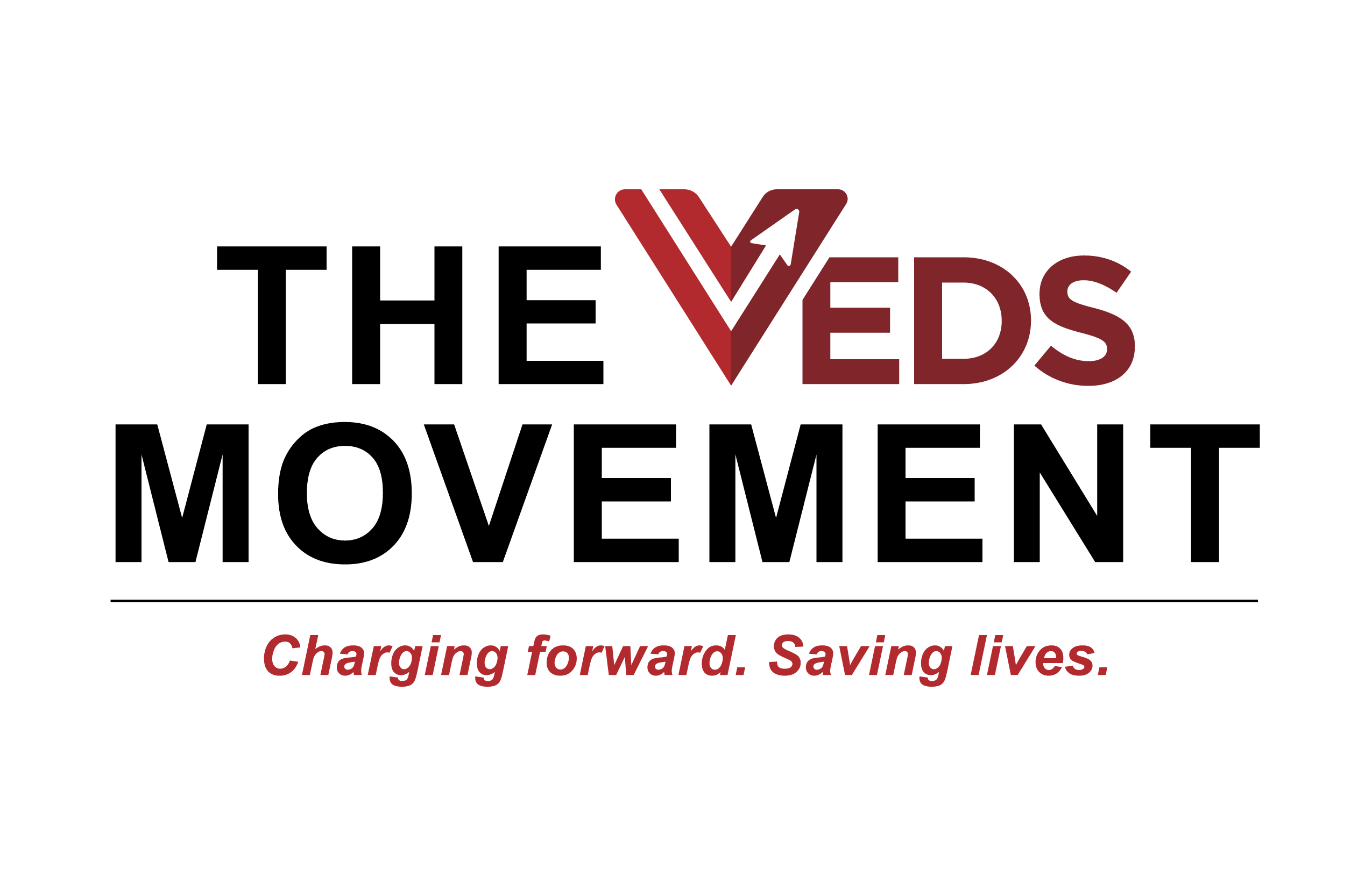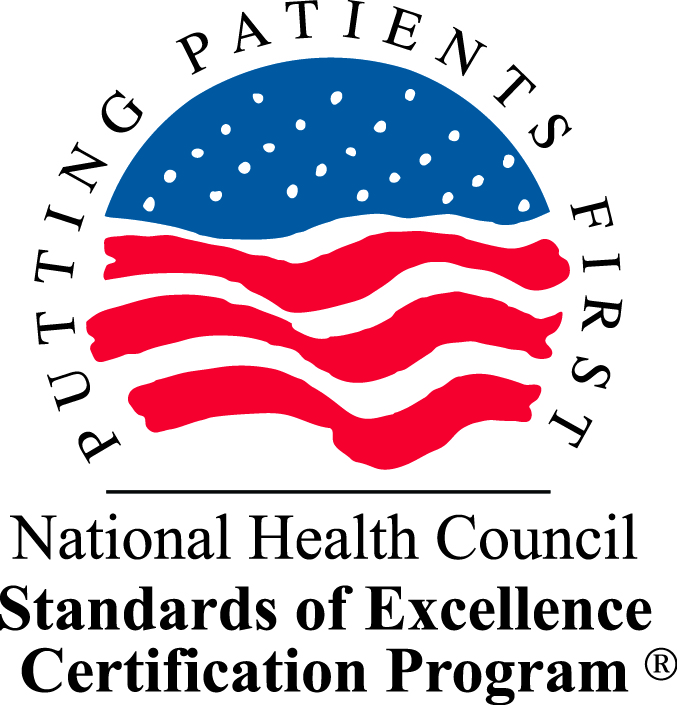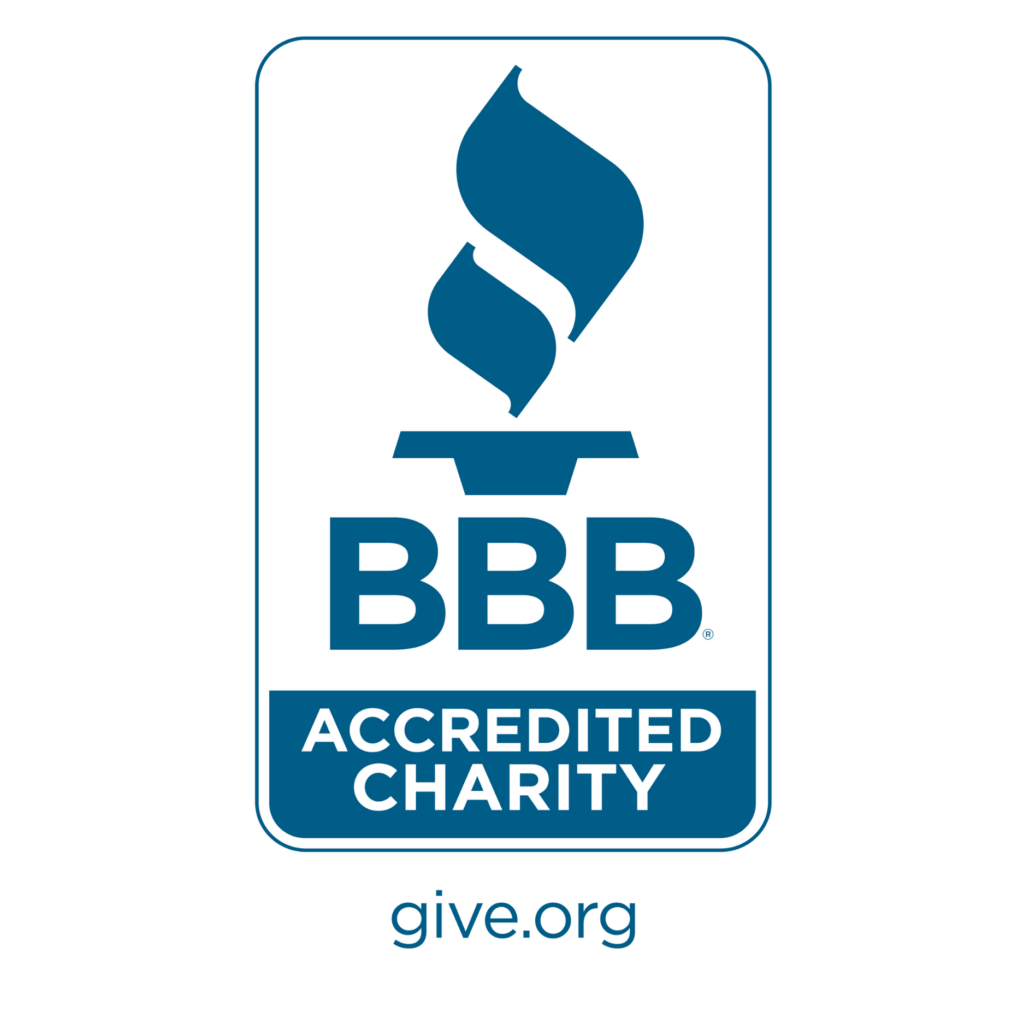
The VEDS Movement, in collaboration with our Professional Advisory Board, continues to monitor the news regarding COVID-19 and wants to provide updated information for our community. Recently, the Centers for Medicare & Medicaid Services (CMS) outlined guidance about resuming in-person medical care. We want to pass on some of that guidance to our community about resuming in-person care because, for many, this is an area of much anxiety.
At this time, many areas have a low, or relatively low, and stable incidence of COVID-19, and some facilities are beginning to provide care for patients needing non-emergent, non-COVID-19 healthcare as well as certain procedural care (surgeries and procedures), chronic disease care, and, ultimately, preventive care. It is known that people continue to have ongoing healthcare needs that are currently being deferred.
Below is guidance to determine if your area is ready to re-establish in-person management when necessary. Please remember that these guidelines are based on your local area and cannot be generalized.
- Maintain clear lines of communication with your medical team. This is a confusing time. Many people with complex chronic conditions that require management should discuss all options with their physicians and ask questions to ensure that you have the most up-to-date information.
- Stay in touch with your medical team even if you can’t meet them in person. It can be intimidating to decide when to seek medical care if you believe your health status has changed. Many physicians are engaging in telehealth to stay in touch with patients. Anyone who requires a cardiac or vascular procedure should feel free to call your medical team to inquire about your changing status and how it affects your treatment. This is especially true for those who previously had no symptoms or mild symptoms, but now have increased symptoms since the COVID-19 outbreak.
- When trying to decide when is the appropriate time to resume in-person visits ask questions, such as:
- Does your facility have non-COVID designated areas? Do people entering these areas get screened for symptoms?
- What policies are in place for minimizing time in waiting areas? Are chairs spaced at least 6 feet apart and is there a limit to how many people can be in the waiting areas at the same time?
- What is your facility’s social distancing policy for medical professionals? How will this affect my visit and/or my stay in your facility?
- What is your facility’s policy regarding elective surgeries? Have these policies changed in the past week?
- What is your facility’s current capacity for surgical and pre-surgical patients? Do you anticipate this changing in the next week or two?
- Given my condition, what is a realistic timeline for me to receive proper treatment that will maximize my personal health outcomes?
- Can a family member or care partner accompany me to my visit/procedure?
- Can my procedure be done on an outpatient basis to limit my potential exposure to the coronavirus?
- What information and resources are you sharing with your other patients that would be helpful for me right now?
- Does your facility have an adequate supply of Personal Protective Equipment (PPE) for your staff?
- How do state or local health department recommendations affect the timing and nature of my care?
- If you have been deemed “urgent” or “emergent” for cardiac surgery by your medical team, do not wait to seek appropriate medical care. If your physician has determined that you urgently need surgery (for example, someone with severe degenerative mitral regurgitation), you should seek care at your healthcare facility as planned. Facilities have protocols in place to triage and treat patients to reduce risks from COVID-19. While these are uncertain times, your long-term health is of the utmost importance and care should not be delayed.
- If you have a health care emergency (for example, chest pain or severe shortness of breath), call 911 and seek emergency medical care or visit your local hospital emergency room. The guidelines concerning elective medical procedures do not apply to medical emergencies. If you are experiencing a health emergency, it is important to seek medical care from your local emergency department. If you delay immediate medical care when it is needed, you may cause harm and impact your long-term health.
- If you are anticipating surgery, do not be surprised if certain minor treatment protocols change leading up to your preoperative assessment and/or surgery. As a result of COVID-19, many facilities have changed their protocols regarding how patients receive their preoperative assessment, any associated surgery, if needed, and any recovery. This may mean that other members of the medical team, such as nurse practitioners and physician assistants, take a more active role in your evaluation and care. These changes are designed to give you more complete medical care. Always communicate any questions or concerns you might have with your medical team concerning your care coordination.
If you have any questions, please reach out to our Help & Resource Center. You can submit your questions here.





